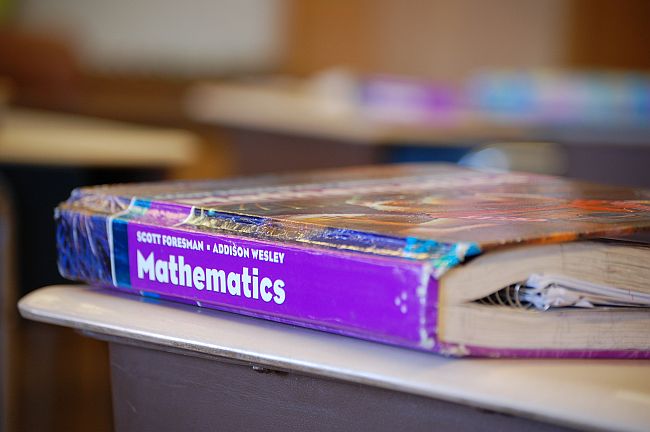
At first I thought that this declaration was due to journalistic bravado, since no academic would ever propose that one narrow study would be so broadly definitive. But then there’s this:
After analysing 800 novels available to download at Project Gutenberg Yejin Choi, an assistant professor at Stony Brook University, claims she can predict literary “success” with 84% accuracy.
Completely unrelated to that topic, this paragraph caught my eye:
Less successful books, they found, contained a higher percentage of verbs, adverbs, and foreign words. “They also rely more on topical words that could be almost cliché,” found the academics, “and extreme (‘breathless’) and negative (‘bruised’) words.”
Interesting about calling “breathless” an extreme word. I personally pass over the word “breathless,” probably from its general overuse. Maybe that’s okay within context, but “breathless” is just a word describing a temporary physical state. Narration like “Eyes bulging, his inhales were ragged with desperation,” is more likely to make my palms damp*.
* “Write less” is only a guideline to rescue readers from needless verbiage, not a divine literary command. If the situation calls for description, I would dress it up. The idea, in this context, is that it’s better to make the reader feel the breathlessness, not just tell him about it.
3 Comments
Why did she choose Project Gutenberg? What kind of novels did she choose? This whole thing just leaves me a little breathless.
I think PG was chosen because it had easy access to free classics. The research paper mentions some books but I didn’t see a complete list, but I didn’t read the whole paper. It’s not my idea of a good time.
Hi Dear, are you really visiting this site on a regular basis,
if so afterward you will without doubt get good know-how.